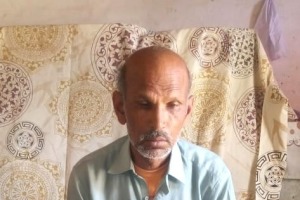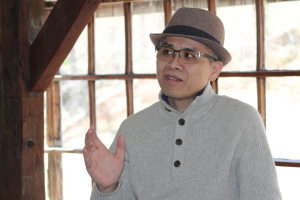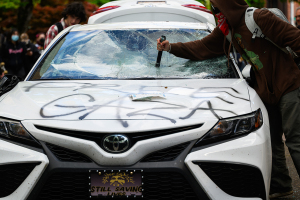Christians Believe India Still Deserves ‘CPC’ Status
Christian leaders have voiced concern and surprise at the removal of India from a list of countries recognized for ongoing, egregious violations of religious freedom
Christian leaders have voiced concern and surprise at the removal of India from a list of countries recognized for ongoing, egregious violations of religious freedom, according to a Calif.-based persecution watchdog group.
Although India was designated by the United States Commission on International Religious Freedom (USCIRF) as a “Country of Particular Concern” (CPC) in 2004 due to a series of violent actions against Muslims and Christians that took place under the rule of the Bharatiya Janata Party (BJP) government, the USCIRF said last month that it would no longer recommend that India be designated as a CPC due to “significant developments affecting freedom of belief” over the past year.
Watchdog groups such as Compass Direct, however, say that attacks on religious minorities continue.
“Christian leaders have voiced concern and surprise at the removal of India from the list of CPCs,” Compass stated in a report released yesterday. “They say a climate of strong religious hostility is still evident despite the election of the United Progressive Alliance (UPA), led by the Indian National Congress Party, in May 2004.”
Dr. John Dayal, a prominent Christian and a member of the National Integration Council of the Government of India, told Compass that the root cause of continuing religious violence was the fundamentalist ideology spread by the Rashtriya Swayamsevak Sangh (RSS), a Hindu extremist organization that had close ties with the BJP.
“The RSS is ... spreading hate among the tribals and buying its way into the bureaucracy and judiciary,” Dayal said.
“The international community must fully and publicly investigate the RSS and all its sub-organizations, their funding, ideology and spread among the Indian diaspora in Asia-Pacific, Europe, the U.K., Canada, the U.S. and the Caribbean,” he added.
In the 2005 “Annual Report of the United States Commission on International Religious Freedom,” the USCIRF stated that the new Congress-led government had “pledged to reject any kind of religious intolerance and return the country to its pluralistic traditions; proposed a law to halt and criminalize inter-religious violence; and taken immediate steps to remove the religiously intolerant portions of school textbooks issued by the BJP government.”
However, Compass noted that the five states most susceptible to religious violence are still ruled by the BJP and its allies. Under terms of the Indian Constitution, the central government can do little to ensure the protection of religious minorities in those states, the watchdog group reported.
Earlier this year, several reports of escalating violence against Christians in a number of states throughout India made their way outside the predominantly Hindu nation and into religious media agencies.
While some believe the attacks on Christians were politically motivated, Hindu fundamentalist groups, however, claimed that the string of violence was “a spontaneous reaction by local people against missioners adamant on conversion.”
According to the reports, the wave of violence began Jan. 30, when Hindu activists forced their way into a large Christian gathering after hundreds of worshippers had come from towns and villages in India’s Uttar Pradesh state to take part in a prayer rally. The activists reportedly charged that rallies such as the prayer rally were aimed at conversions and that Christians lure the people with gifts of land, money, food and clothes.
At the end of Compass’s report yesterday, the agency listed 20 specific attacks or acts of discrimination against Christians spanning from Jan. 19 to May 20.




























